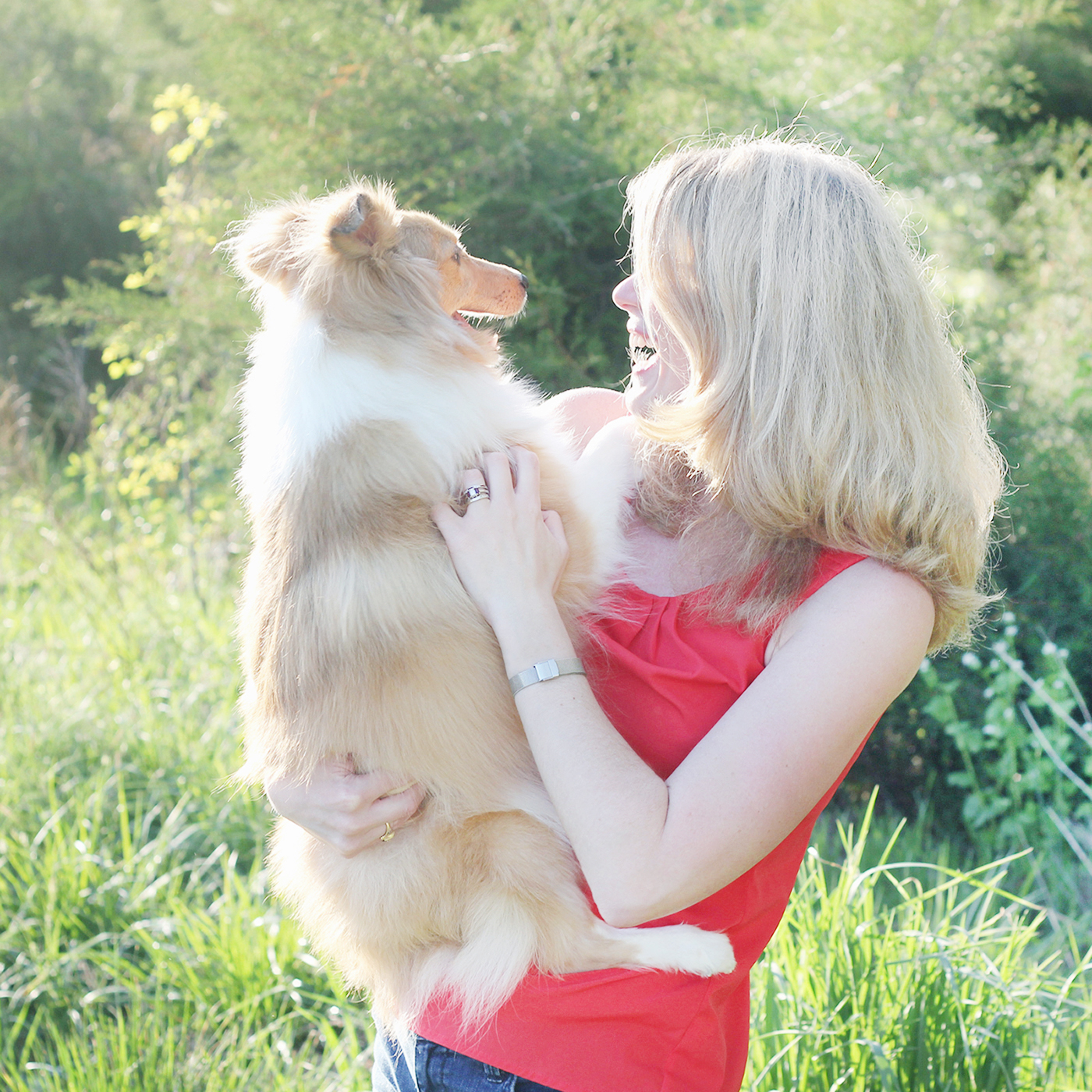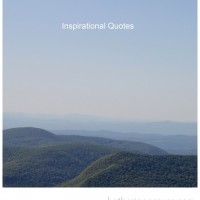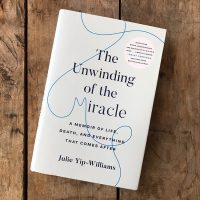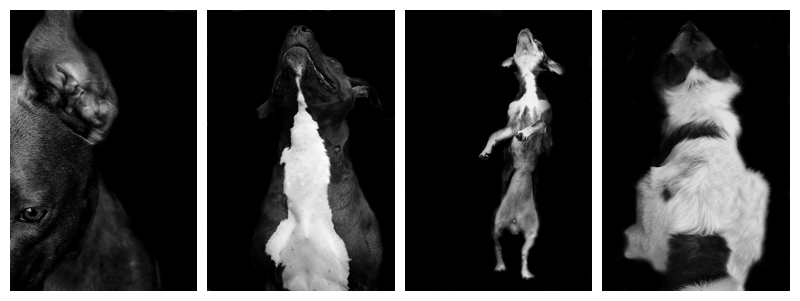Insights: How Artists Work
I just finished re-reading, Daily Rituals: How Artists Work, by Mason Currey, a really good read. I highly recommend this book, as it is fascinating to read about artists’ working routines that they utilize to create their work. Below are some artists’ quotes that I found particularly helpful. Many of these artists featured in this book held full-time jobs while making time to create their art.
Toni Morrison — “But the important thing is that I don’t do anything else. I avoid the social life normally associated with publishing. I don’t go to the cocktail parties, I don’t give or go to dinner parties. I need that time in the evening because I can do a tremendous amount of work then. And I can concentrate. When I sit down to write I never brood. I have so many other things to do, with my children and teaching, that I can’t afford it. I brood, thinking of ideas, in the automobile when I’m driving to work or in the subway or when I’m mowing the lawn. By the time I get to the paper something’s there — I can produce.”
Ann Beattie — “I really think people’s bodies are on different clocks. I even feel now like I just woke up and I’ve been awake for three or four hours. And I’ll feel this way until seven o’clock tonight when I’ll start to pick up and then by nine it will be O.K. to start writing. My favorite hours are from 12:00 to 3:00 a.m. for writing.”
Arthur Miller — “I wish I had a routine for writing,” Miller told and interviewer in 1999. “I get up in the morning and I go out to my studio where I write. And then I tear it up! That’s the routine, really. Then, occasionally, something sticks. And then I follow that. The only image I can think of is a man walking around with an iron rod in his hand during a lightening storm.”
Henri Matisse — “Do you understand now why I am never bored? For over fifty years I have not stopped working for an instant. From nine o’clock to noon, first sitting. I have lunch. Then I have a little nap and take up my brushes again at two in the afternoon until the evening.”
Stephen Jay Gould — “I work every day. I work weekends, I work nights….[S]ome people looking at that from the outside might use that modern term “workaholic,” or might see this as obsessive or destructive. But it’s not work to me, it’s just what I do, that’s my life. I also spend a lot of time with my family, and I sing, and go to ball games, and you can find me in my season seat at Fenway Park as often as — well, I don’t mean I have a one-dimensional life. But I basically do work all the time. I don’t watch television. But it’s not work, it’s not work, it’s my life. It’s what I do. It’s what I like to do.”
Gerhard Richter — “I love playing with my architectural models. I love making plans. I could spend my life arranging things. Weeks go by, and I don’t paint until finally I can’t stand it any longer. I get fed up. I almost don’t want to talk about it, because I don’t want to become self-conscious about it, but perhaps I create these little crises as a kind of a secret strategy to push myself. It is a danger to wait around for an idea to occur to you. You have to find the idea.”
Maya Angelou — “I usually get up at about 5:30, and I’m ready to have coffee by 6, usually with my husband. He goes off to his work around 6:30, and I go off to mine. I keep a hotel room in which I do my work — a tiny, mean room with just a bed, and sometimes, if I can find it, a face basin. I keep a dictionary, a Bible, a deck of cards and a bottle of sherry in the room. I try to get there around 7, and I work until 2 in the afternoon. If the work is going badly, I stay until 12:30. If it’s going well, I’ll stay as long as it’s going well. It’s lonely, and it’s marvelous. I edit while I’m working. When I come at 2, I read over what I’ve written that day, and then try to put it out of my mind. I shower, prepare dinner, so that when my husband comes home, I’m not totally absorbed in my work. We have a semblance of a normal life. We have a drink together and have dinner. Maybe after dinner I’ll read to him what I’ve written that day. He doesn’t comment. I don’t invite comments from anyone but my editor, but hearing it aloud is good. Sometimes I hear the dissonance; then I try to straighten it out in the morning.”
Philip Larkin — My life is as simple as I can make it. Work all day, cook, eat, wash up, telephone, hack writing, drink, television in the evenings. I almost never go out. I suppose everyone tries to ignore the passing of time — some people by doing a lot, being in California for one year and Japan the next. Or there’s my way — making every day and every year exactly the same. Probably neither works.”
Vincent van Gogh — “Our days pass in working, working all the time, in the evening we are dead beat and go off to the cafe, and after that, early to bed! Such is our life.”
John Updike — “I try to write in the morning then into the afternoon. I’m a later riser; fortunately, my wife is also a late riser. We get up in unison and fight for the newspaper for half an hour. Then I rush into my office around 9:30 and try to put the creative project first. I have late lunch, and then the rest of the day somehow gets squandered. There is a great deal of busywork to a writer’s life, as to a professor’s life, a great deal of work that matters only in that, if you don’t do it, your desk becomes very full of papers. So, there is a lot of letter answering and a certain amount of speaking, though I try to keep that at a minimum. But I’ve never been a night writer, unlike some of my colleagues, and I’ve never believed that one should wait until one is inspired because I think that the pleasures of not writing are so great that if you ever start indulging them you will never write again. So, I try to be a regular sort of fellow — much like a dentist drilling his teeth every morning — except Sunday, I don’t work on Sunday, and there are of course some holidays I take.”
Willa Cather — “For me the morning is the best time to write. During the other hours of the day I attend to my housekeeping, take walks in Central Park, go to concerts, and see something of my friends. I try to keep myself fit, fresh; one has to be in as good form to write as to sing. When not working, I shut work from my mind.”














I love this! I think it’s so interesting how every artist has a different way of producing their work.